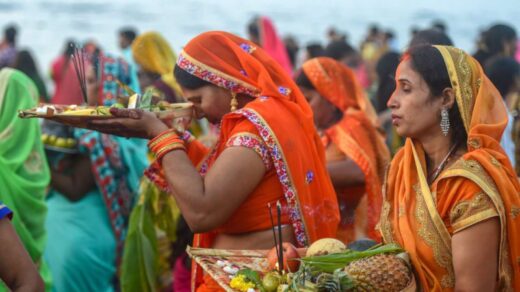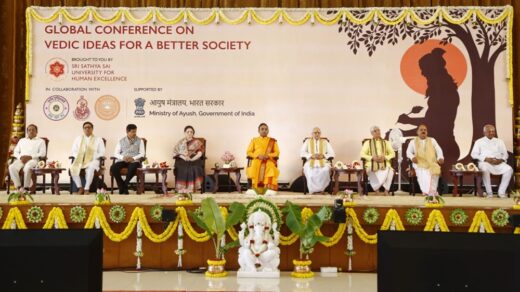Supriya Choudhury was an Indian Bengali actress who is known for her work in Bengali cinemafor more than 50 years. She is best known for her portrayal of Neeta in Ritwik Ghatak’s Bengali film Megha Dhaka Tara (1960). She is considered as one of the most aphrodisiac sirens of Indian cinema and was often compared to her contemporary Hollywood legend Sophia Loren
She has been conferred upon with a Filmfare Award and the BFJA Award for two times. In 2011, she received the Banga-Vibhushan, the highest civilian honour in West Bengal. In 2014, She was awarded the Padma Shri by the Government of India, the fourth highest civilian award in India, for her contributions to the entertainment industry.
Early life
Supriya was born in Myitkyina, Burma. Her father was Gopal Chandra Banerjee, a lawyer. He is from Faridpur (now in Bangladesh). During World War II, her family moved to Calcutta (now in India).

Supriya was seven years old when she made her acting début in two plays directed by her father. She was a dancer since her childhood, even receiving an award from Thakin Nu, the then Prime Minister of Burma, who was moved by one of her dance recitals. From her childhood, her closest friend was Nihar Dutta, who married into the Guha Thakurata Family and became Mrs. Nihar Guha Thakurata, an eminent Social Worker of Burma of her time.
In 1948, the Bannerjees left Burma for good and re-settled in Calcutta. They had been refugees in 1942 when the Japanese forces occupied Burma. The young Supriya and her family were forced to undertake an arduous trek on foot to the safety of Calcutta.
Career
In Calcutta, she resumed her dance lessons and trained under Guru Muruthappan Pillai and later under Guru Prahlad Das. Supriya and her family were on friendly terms with Chandrabati Devi who was their neighbour. It was through Chandrabati Devi’s inspiration and contacts that Supriya Choudhury stepped into the world of Bengali films.
Filmography
She made her debut in Uttam Kumar starrer Basu Paribar (1952) under the direction of Nirmal Dey and successively appeared in Prarthana (1952) directed by Pranab Ray and Shyamali (1952) directed by Binoy Bandyopadhyay. She, then took a hiatus and returned to filmdom in Marmabani (1958) under Sushil Majumdar’s direction. She rose to prominence after she had appeared in the Uttam Kumar starrer blockbuster Sonar Harin (1959) directed by Mangal Chakraborty. She rose to higher prominence after she had played the role of Amrapali in Amrapali (1959) directed by Sree Tarashankar and produced by Nalanda Films.


Vyjayanthimala who was later found to play the same titular role was full of praise for her performance in the film. At the beginning of 1960s, she came to a bigger attention for her successive roles in films such as Meghe Dhaka Tara (1960), Shuno Baranari(1960), Komal Gandhar (1961), Swaralipi (1961) to name a few. She made her Bollywood debut opposite Dharmendra in Begaana (1963) under Sadashiv Rao Kavi’s direction. She was applauded for her performance in Raja Sen’s National Award winning Bengali film Atmiyo Swajan (1998). Rediff described her performance in the film as “a fairly good fleshing out Supriya Devi”.
Personal life
In 1954, Supriya married Bishwanath Choudhury and a few years later her only daughter Soma was born. She retired from films for a while before returning in the late 1950s. Later she lived together with Mahanayak Uttam Kumar.
26 January 2018
Supriya Devi passed away today after suffering a severe cardiac arrest. She was 85. The actress was at her residence when she suffered the fatal attack. Supriya Devi is survived by her daughter. “She felt unwell around 6.20 a.m. She was in the bathroom then. When doctors were called, they declared her dead,” they said.
Supriya Devi’s contemporary and veteran actress Sabitri Chattopadhyay said, “I cannot believe this news. We regularly talked over phone.” West Bengal Power Minister Sovandeb Chattopadhyay visited Supriya Devi’s residence to pay tributes and said arrangements were being made on behalf of the state government for the last rites.










